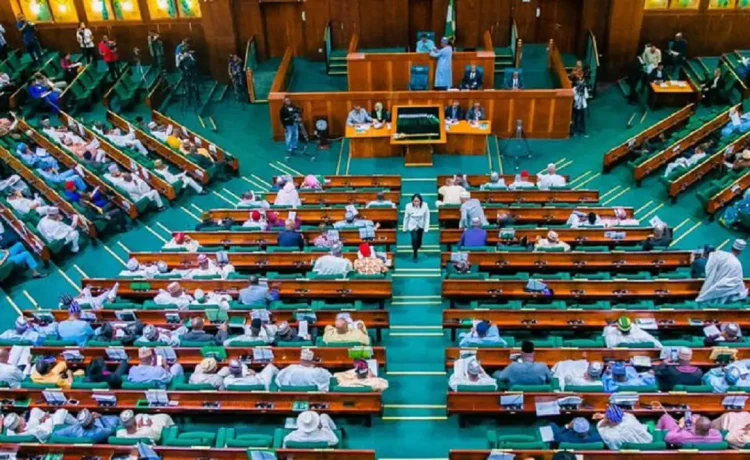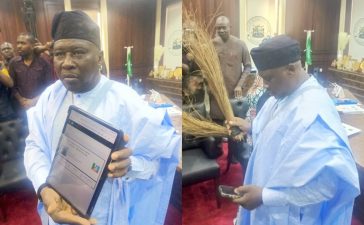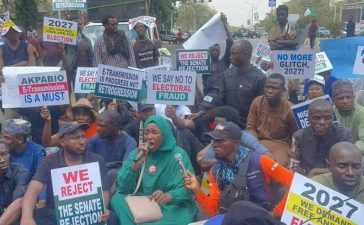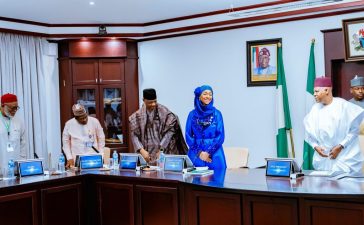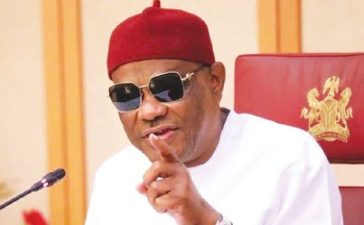In a decisive move at plenary on Monday, the House of Representatives rejected seven constitution alteration bills, including the much-debated power rotation bill sponsored by Deputy Speaker, Benjamin Kalu.
Despite the setback, the House resolved to reintroduce the bills individually to allow for more focused deliberation on their respective merits.
Among the rejected bills were proposals to establish a separate commission for political party regulation, create Ughelli East Local Government Area in Delta State, and set up the Office of the State Auditors-General for Local Governments and the FCT Area Councils.
Also turned down were bills seeking to:
Increase the number of Federal High Court judges to at least 100
Expand the court’s jurisdiction to include admiralty matters
Empower the National Judicial Council to set judiciary remuneration in collaboration with the National Salaries, Incomes, and Wages Commission
Of the seven rejected proposals, only the power rotation bill was debated on the floor.
Deputy Minority Leader, Aliyu Madaki, opposed the bill, stating that Nigeria’s Federal Character Commission already addresses regional equity. “When we talk about competence and fairness, the existing system already provides for it,” Madaki argued.
Backing the rejection, lawmaker Sada Soli warned that enforcing rotational presidency could stifle merit. “If we rigidly rotate the presidency by region, a geopolitical zone may wait decades for another opportunity—regardless of its pool of qualified leaders,” he said.
However, some lawmakers voiced support for the bill. Minority Whip, Ali Isa, endorsed it as a tool to address longstanding marginalization. Clement Jimbo also backed the proposal, asserting that codifying rotation in the constitution would ensure all regions have a fair shot at leadership.
The bill has now been deferred for individual reconsideration alongside the six others, giving room for further consultation and debate.

